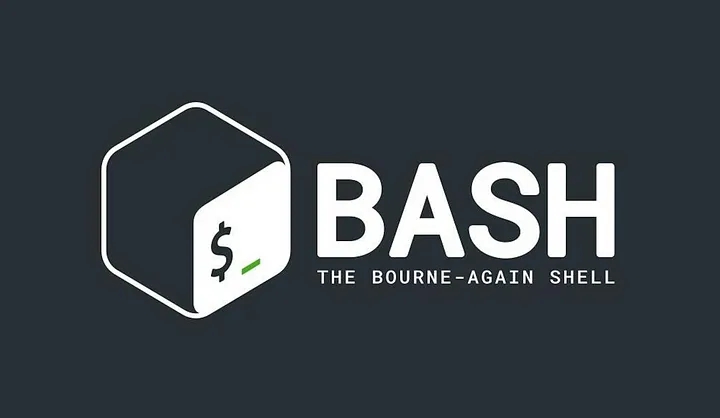Bash/Linux Interview Questions for DevOps Engineers
Bash scripting is a superpower for engineers. Whether automating repetitive tasks, gluing together tools, or managing systems, Bash is always there, simple yet powerful.

1. What is the purpose of the shebang (#!) line?
It defines the interpreter that should execute the script. Example:
2. How do you read command-line arguments in a shell script?
3. What are the standard streams in Linux?
Standard Input (
stdin)Standard Output (
stdout)Standard Error (
stderr)
4. What are the various types of variables used in shell scripting?
There are two types of variables used in shell scripting:
System-generated variables: These are created by the OS and can be viewed using the
setcommand.User-defined variables: Created by users and accessed using the
echocommand.
5. How do you check if a file exists using a conditional statement?
6. How do you find and delete files older than 7 days?
7. What is crontab?
crontab (CRON Table) is used to schedule jobs to run at specific times. It allows automation of system tasks.
8. How do you debug a shell script?
Use
set -xto enable debugging.Use
echostatements to track variable values and execution flow.
9. How do you rename all .txt files to .log in a directory?
10. What are the default permissions of a file when it is created?
The default permissions are determined by the umask value. Typically, a new file has rw-rw-r-- (664) permissions.
11. What are the four stages of a Linux process?
Waiting: Process is waiting for a resource.
Running: Process is currently executing.
Stopped: Process execution has been stopped.
Zombie: Process has finished but still exists in the process table.
12. What is a metacharacter?
A metacharacter is a special character in the shell used for pattern matching. Example:
Lists all files starting with ‘s’.
13. Difference between $@ and $*?
$*treats all arguments as a single string.$@treats each argument as a separate entity.
14. How would you check if a file named example exists in a specific path?
You can also use:
15. How would you check disk usage using shell commands?
df -h: Shows available disk space.du -sh /data01/*: Shows disk usage per directory.dfspace: Provides space usage in megabytes.
16. What is the special shell variable $??
It stores the exit status of the last executed command.
17. How to extract a substring from a variable?
18. Difference between [[ $string == "efg*" ]] and [[ $string == efg* ]]?
[[ $string == efg* ]]checks if$stringstarts with "efg".[[ $string == "efg*" ]]checks if$stringis exactly "efg*".
19. How to list only filenames in a directory?
To store the output in a variable:
20. What is the difference between soft and hard links?
Soft link (symbolic link): A pointer to the original file.
Hard link: A duplicate entry pointing to the same inode as the original file.
21. How do you replace a string in multiple files using sed?
22. What does grep -oP '\\d+' do?
It extracts numeric values from a string.
Output: 201963
These questions cover key Bash and Linux concepts that every DevOps engineer should be familiar with. Mastering these will help you ace your next interview!
Happy scripting! 🖥️
Last updated